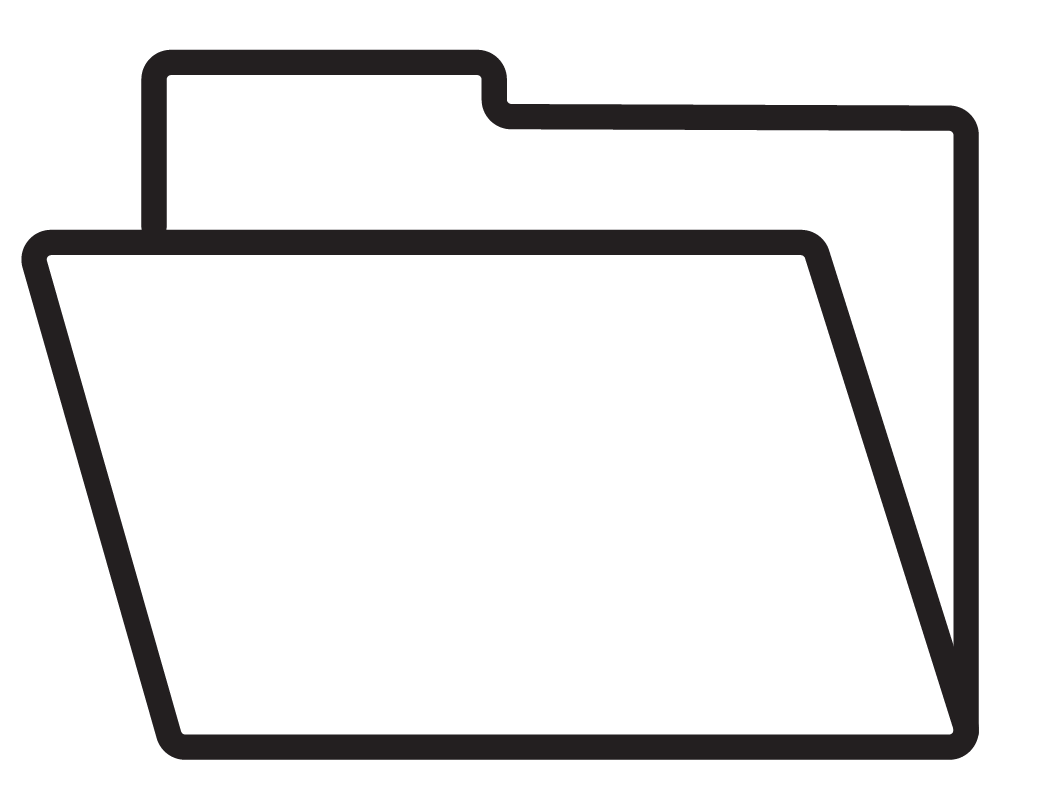When Clients Don’t Pay on Time
Late payments can be a nightmare for small business owners.
Here at The Accounts Department, we’ve seen firsthand how late payments can disrupt cash flow, impact your business growth and strain professional relationships
But what should you do when faced with this all-too-common problem? Start with these ideas.
Understanding the Impact of Late Payments
Firstly, it’s important to understand just how damaging late payments can be.
When clients don’t pay on time, you’re left in a tough spot. You might find yourself juggling bills, delaying investments, or even struggling to pay your team.
Late payments can also create a domino effect, leading to strained supplier relationships, reduced creditworthiness, and increased financial stress.
What to Consider When Clients Aren’t Paying on Time
Before you start pulling your hair out over late payments, think about these factors:
1. Client Relationships:
How important is this client to your business? Is this a one-time issue, or a pattern? Understanding the nature of the relationship can help you decide how to approach the situation.
2. Payment Terms:
Review the payment terms you’ve set with the client. Were they clear and agreed upon? Are they in line with industry standards? If not, this might be the root of the problem.
3. ContrActual Obligations:
Clear contracts are your safety net, clearly laying out the consequences of late payments.
Make sure that your contracts clearly outline payment terms, penalties for late payments, and the steps you’ll take if payments are delayed. This can provide a solid foundation for any actions you might need to take.
4. Communication History:
A quick look back at your emails or messages could shed light on any previous payment snags with the client. Have there been reminders? Was there any prior discussion about potential payment issues? This will influence your next steps.
Ways to Nudge Those Late Payers
Once you’ve considered the above factors, it’s time to take action. Here’s what you can try:
1. Send Friendly Reminders
Often, a simple reminder is all it takes. Send a polite but firm email or make a call to remind the client of the overdue payment. Be sure to include the invoice details, payment terms, and any late fees that apply.
These can be automated within your accounting software but sometimes a quick phone call has a more immediate response.
2. Tighten Up Payment Terms
If late payments are a recurring issue, it might be time to reevaluate your payment terms. Consider shortening the payment period or requiring deposits or upfront payments for larger projects. This can reduce the risk of late payments and improve your cash flow.
3. Offer Payment Plans
Offering a payment plan can turn a tricky situation into a manageable one. It allows the client to settle their debt over time while ensuring you receive payment. Make sure the terms are clear and enforceable.
4. Implement Late Fees
Late fees can be an effective deterrent against overdue payments. Make sure these fees are clearly outlined in your contracts, and apply them consistently. This not only encourages timely payment but also compensates you for the inconvenience.
5. Consider Early Payment Incentives
To encourage prompt payments, consider offering a small discount for early payment. This can be an attractive option for clients and can help improve your cash flow.
Open Dialogue for Chronic Delayers
If you’re spotting a trend, it’s worth a sit-down chat. Arrange a meeting to discuss the situation, understand any challenges they may be facing, and explore solutions. Open and direct communication can often resolve issues before they escalate.
When It’s Time to Turn Up the Heat
If a client consistently fails to pay on time and has ignored your reminders, it may be time to escalate the matter. This could involve sending a formal demand letter, engaging a debt collection agency, or taking legal action. While these steps can strain relationships, they might be necessary to protect your business.
Preventing Late Payments in the Future
Prevention is always better than cure.
Here are our top tips, to minimise the risk of late payments:
Screen New Clients:
Before entering into a business relationship, conduct background checks and assess the creditworthiness of new clients. This can help you avoid clients with a history of late payments.
Clear Contracts:
Ensure that your contracts are clear, with well-defined payment terms, deadlines, and penalties for late payments. This provides a legal framework that supports your rights.
Automate Invoicing and Reminders:
Use accounting software to automate invoicing and payment reminders. This reduces the chances of missed payments and keeps the process efficient.
Final Thoughts
Late payments are a common challenge for business owners, but they don’t have to derail your success. By taking proactive steps to manage late payments and implementing preventive measures, you can protect your cash flow and maintain healthy client relationships.


